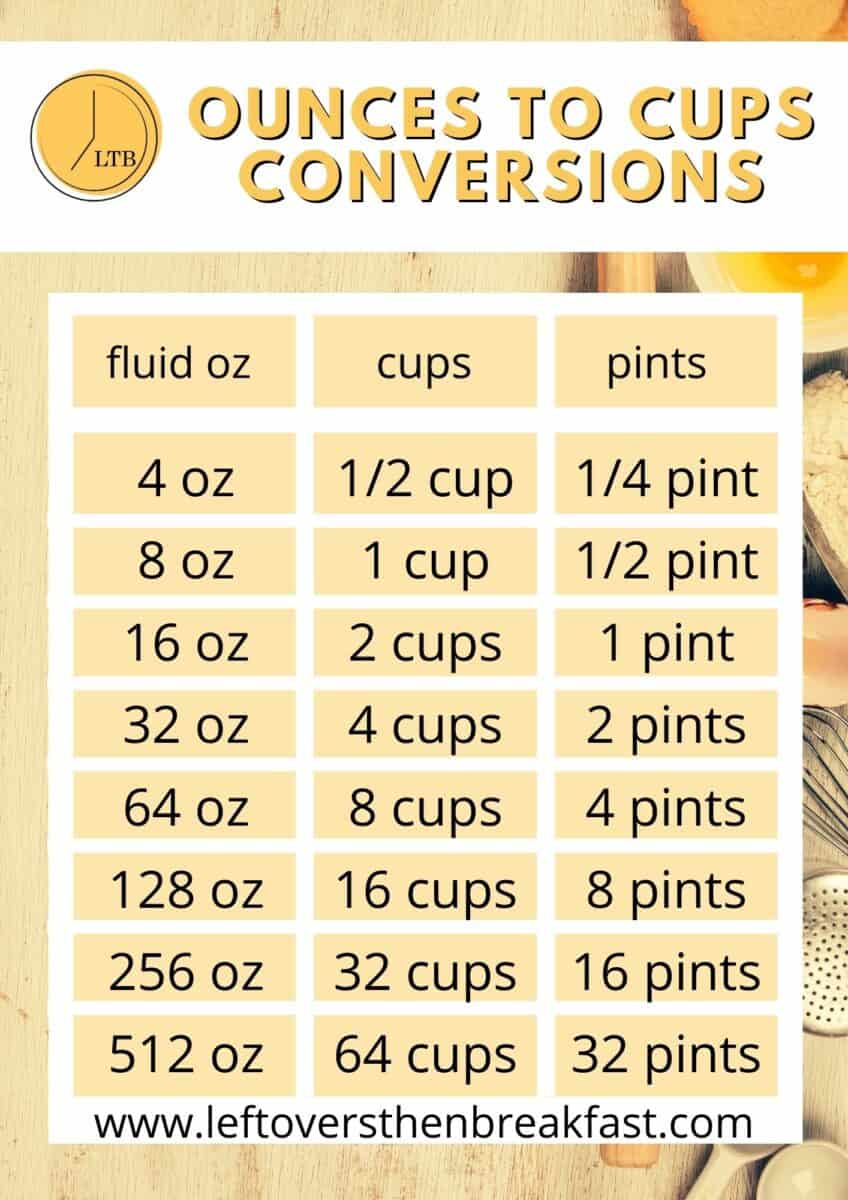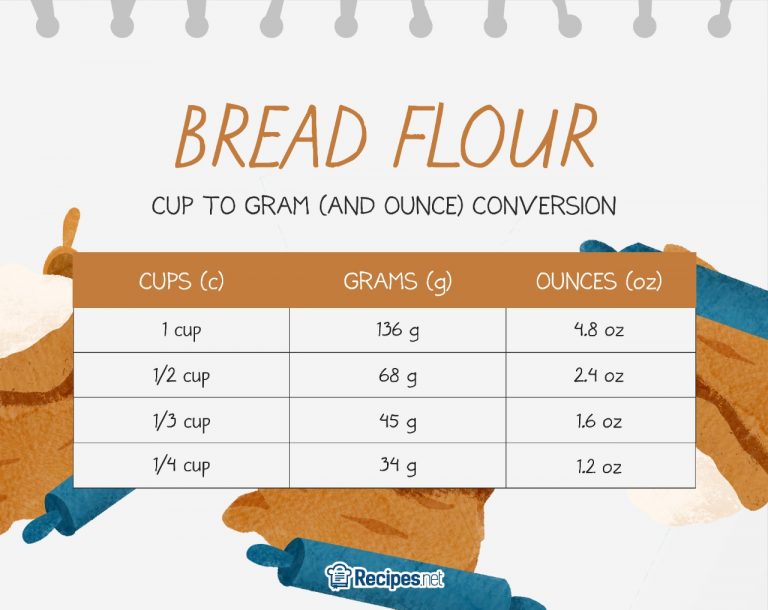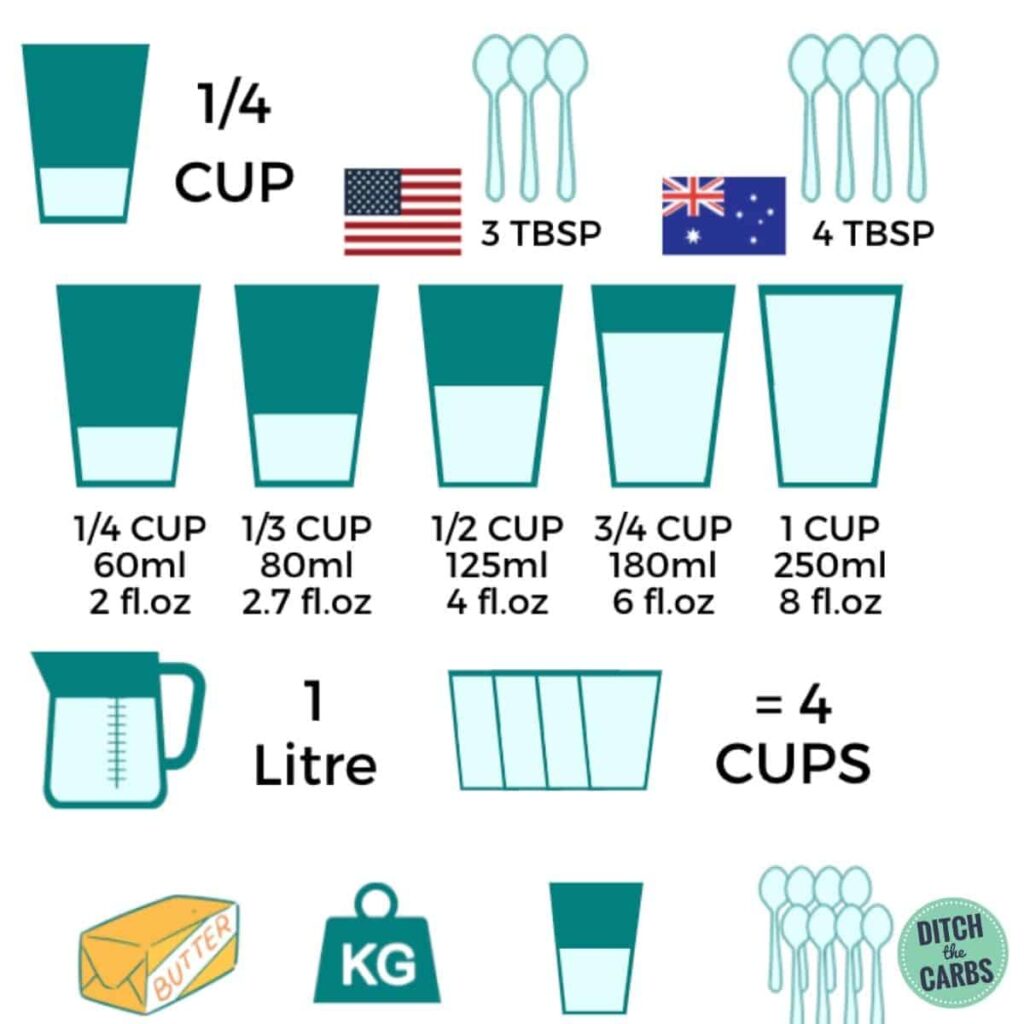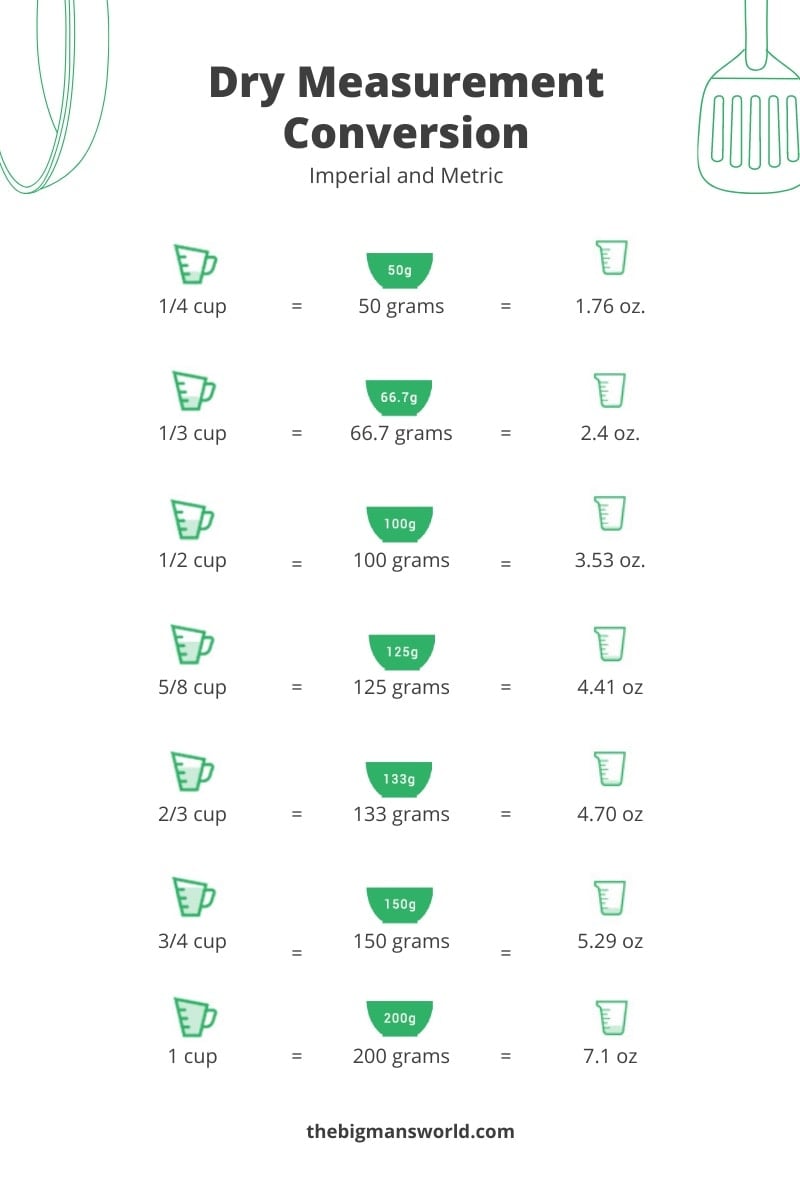
Laminated Kitchen Conversion Chart Measurements Scale Measuring Reference Cups Ounces Oz Grams
kg = 4 cup cup to kg conversion table: kg to cup conversion table: Convert kilograms to cups to kilograms. kg to cups to kg, density converter, calculator, tool online. Formula and explanation, conversion.

Printable Tablespoons to Cups Conversion Chart Pounds to kilograms conversion, Cup conversion
There are 4.23 US cups in a kilogram. 1 kilogram is equal to how many US cups? 1 kilogram is equal to 4.23 US cups. 1 kilogram = 4.23 US cups; 2 kilograms = 8.46 US cups; 3 kilograms = 12.69 US cups; 4 kilograms = 16.92 US cups; 5 kilograms = 21.15 US cups; 6 kilograms = 25.38 US cups; 7 kilograms = 29.61 US cups; 8 kilograms = 33.84 US cups

Related image Conversion chart kitchen, Cup conversion, Charts and graphs
1 kilogram (kg) = 4.226752838 cup (cup). Kilogram (kg) is a unit of Weight used in Metric system. Cup (cup) is a unit of Volume used in Cooking system. Please note this is weight to volume conversion, this conversion is valid only for pure water at temperature 4 °C. US oz = 28.349523125 g

Flour Conversion Printable US Cups to Grams and Ounces. Cooking measurements, Food charts
How many cups are 5 kilograms? 5 kilograms equal 20 7/8 cups water. Please note that kg and cups are not interchangeable units. You need to know what you are converting in order to get the exact cups value for 5 kilograms. See this conversion table below for precise 5 kg to cups conversion Convert 5 kilograms to cups

Grams to Cups Guide For Baking (With Conversion Chart!)
To convert a measurement in kilograms to a measurement in cups, multiply the flour by the following conversion ratio: 8 cups/kilogram. Since one kilogram of flour is equal to 8 cups, you can use this simple formula to convert: cups = kilograms × 8 The flour in cups is equal to the flour in kilograms multiplied by 8.

How Many Ounces In A Cup? Cooking conversion chart, Baking conversion chart, Cooking conversions
How to convert. 1 cup (cup) = 0.236588237 kilogram (kg). Cup (cup) is a unit of Volume used in Cooking system. Kilogram (kg) is a unit of Weight used in Metric system. Please note this is volume to weight conversion, this conversion is valid only for pure water at temperature 4 °C. US oz = 28.349523125 g.

How Much Is a Cup in Grams? Volume vs Weight Cooking conversion chart, Conversion chart
gal to oz liter to gram liter to kg liter to lb

Convert kilo g to cup Conversion of Measurement Units Cup conversion, Measurement units
Kg (kilogram) is a mass unit while cups are a volume unit. But even if there is no exact conversion rate converting kg to cups, here we assembled a handy spreadsheet containing the most searched for kg to cups conversions for the most common food items. Convert Kg To Cups

Cooking Conversion Charts (US/Metric) — Ditch The Carbs
How many cups are 1 kilogram? 1 kilogram equals 4 1/8 cups water. Please note that kg and cups are not interchangeable units. You need to know what you are converting in order to get the exact cups value for 1 kilogram. See this conversion table below for precise 1 kg to cups conversion Convert 1 kilogram to cups

Free Printable that is helpful for all bakers and cooks! The easiest way to improve your baking
How many Metric cups are in one kilogram of water? 1 cup SI = 0.25 kg wt. Definition of kilograms of water provided by WikiPedia. The kilogram or kilogramme (SI unit symbol: kg), is the base unit of mass in the International System of Units (SI) (the Metric system) and is defined as being equal to the mass of the International Prototype of the.

Margarine kg kilo to cup us converter for culinary teaching and diet. Culinary, Culinary
How many cups are 2 kilograms? 2 kilograms equal 8 1/3 cups water. Please note that kg and cups are not interchangeable units. You need to know what you are converting in order to get the exact cups value for 2 kilograms. See this conversion table below for precise 2 kg to cups conversion Convert 2 kilograms to cups

Laminated Kitchen Conversion Chart Measurements Scale Measuring Reference Cups Ounces Oz Grams
Kilograms to Cups Formula To convert a measurement in kilograms to cups, divide the weight by the density of the ingredient or material. Note that in order for this to work, the density must be in kilograms per cup (kg/c). If the density is given in grams per milliliter (g/mL), then first divide 4.2268 by the density to convert to kg/c.

Grams to Cups!!! Baking measurements, Cooking measurements, Baking conversion chart
1 kilogram (kg) = 4.960396197 cup (cup). Kilogram (kg) is a unit of Weight used in Metric system. Cup (cup) is a unit of Volume used in Cooking system. Please note this is volume to weight conversion, this conversion is valid only for granulated sugar. 1 kilogram (kg) of granulated sugar mass equals to 4.960396196765 cups (c) of granulated sugar.

How Many Tablespoons in a Cup, and Other Conversions Cooking conversions, Tablespoon
kilograms = cups × density 4.2268 Thus, the weight in kilograms is equal to the volume in cups times the density (in g/mL) of the ingredient or material divided by 4.2268. For example, here's how to convert 5 cups to kilograms for an ingredient with a density of 0.7 g/mL. kilograms = 5 c × 0.7 g/mL 4.2268 = 0.8281 kg

Measurement Conversions Sweet snacks recipes, Baking essentials, Cup conversion
Answer: How to convert Kilograms to Cups: Due to the fact that a kilogram measures a unit of weight and a cup measures a unit of volume, the conversion rate varies based on level of density. The below formulas only offer a generalized equation: 1 kilogram is approximately equal to 4.23 cups (US). 1 kg ≈ 4.23 c

Baking Tips, Cooking And Baking, Baking Recipes, Baking Substitutions, Baking Videos, Healthy
Quick, free, online unit converter that converts common units of measurement, along with 77 other converters covering an assortment of units. The site also includes a predictive tool that suggests possible conversions based on input, allowing for easier navigation while learning more about various unit systems.